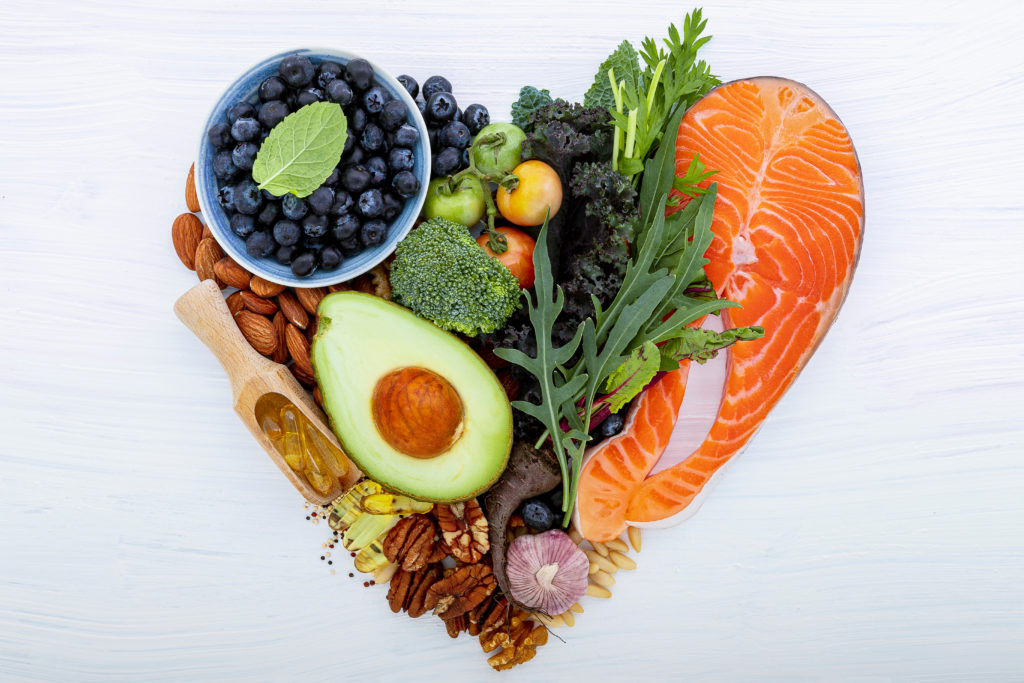Mindful Living: Consumer Perspectives on Wellness
Well-being Shifts from Future-Focused to Day-to-Day Living
Post-pandemic health priorities are continuing to evolve. As a result, consumers are placing less emphasis on long-term risks like chronic illness and more on managing everyday wellness. This can particularly be seen through mental and emotional balance. According to FMCG Gurus consumer insights, 28% of global consumers now rank emotional well-being as their number one health focus for the year ahead.
While overall health remains important, individuals are zooming in on core daily needs. This includes mood, energy, digestion, and weight control, essentials that are increasingly seen as the pillars of long-term wellness. With rising pressures across demographics, boosting emotional resilience has moved from a nice-to-have to a must. In this context, low energy isn’t viewed as simple tiredness, but as an indicator of overall imbalance. Feeling alert and energized is now a clear marker of good health.
Simultaneously, weight management is being understood in a broader health context. This is beyond appearance, for its impact on mobility, digestion, heart health, and mood. With this shift, brands must communicate body-positivity. This can be done through holistic benefits rather than focusing on outdated aesthetic ideals that may impact emotional well-being.

Stress and Sleeplessness Are Draining Daily Wellness
Sleep disruption, particularly among younger people, is being driven largely by emotional stress. As a result, individuals are being affected in terms of how they feel and function each day. FMCG Gurus reports that 47% of Gen Z frequently experience fatigue and low energy, often linked to irregular sleep.
Anxiety, overstimulation, and difficulty unwinding are increasingly common across age groups. These are amplified by today’s digital-first lifestyle, where constant news exposure and social media engagement heighten emotional strain. Blue light from screens delays relaxation and compromises sleep, creating a cycle of fatigue and poor mental health.
Emotional fatigue is fueling demand for products and experiences that promote calm, quality sleep, and consistent energy, without overstimulation or side effects.

Reclaiming Balance by Disconnecting from Digital Overload
To combat rising stress levels and emotional burnout, many consumers are actively stepping away from their screens and seeking more meaningful real-world interactions. FMCG Gurus reveals that 25% of consumers who have prioritized emotional well-being in the past year have intentionally reduced device use before bedtime.
Physical complaints like eye strain and posture issues are being matched by emotional consequences, anxiety, sleep disruption, and feelings of isolation, prompting a rethinking of digital habits. Consumers are gravitating toward richer, offline experiences, especially time spent with loved ones.
This increasing awareness of “digital fatigue” is driving interest in tools that help manage screen time. This includes mindfulness apps or digital detox plans. Brands that enable reconnection, presence, and genuine emotional support will likely resonate more deeply with today's consumers.
Digestive Health Takes Center Stage in Whole-Body Wellness
Understanding of gut health has moved far beyond digestion alone, consumers now see the gut as a central player in emotional and cognitive well-being, energy, and sleep regulation. This holistic view is especially prominent among younger generations who are attuned to how diet and gut health are linked.
These younger consumers are proactive in choosing functional, convenient products to support digestive wellness, while older generations are being encouraged to treat digestive discomfort as a manageable health factor rather than just a sign of aging.
With gut health now a key area of interest across age groups, there’s rising demand for clear, accessible education and effective solutions. Brands that can make the connection between digestive health and broader emotional or cognitive wellness will stand out as leaders in the modern health space.






















